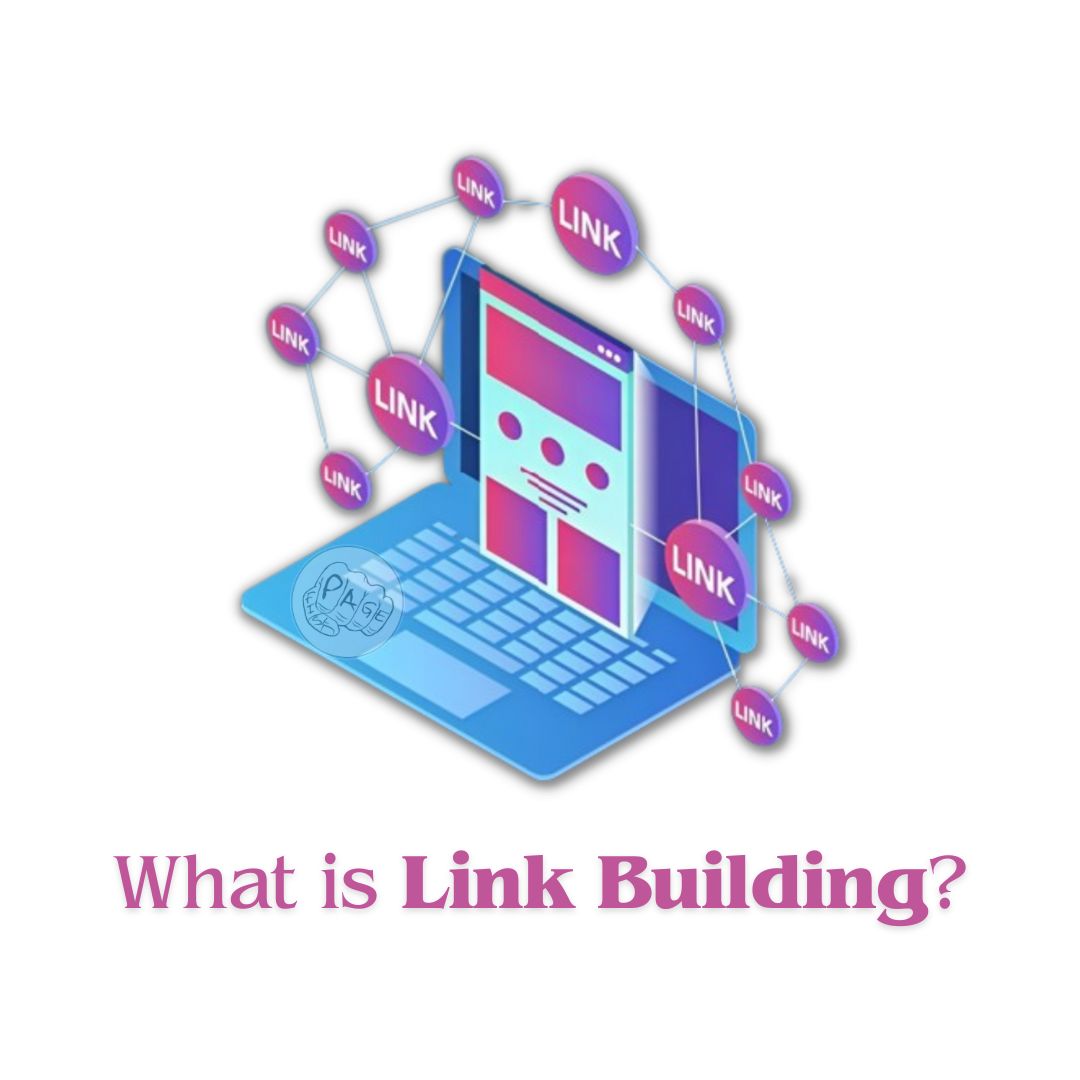What is a Strategy in Digital Marketing?
Strategy in digital marketing is the process of planning, implementing, and evaluating online campaigns that aim to achieve specific business goals. A good strategy should be based on a clear understanding of the target audience, the competitive landscape, the available resources, and the desired outcomes. A strategy should also be flexible and adaptable to changing market conditions and customer feedback.
Digital marketing is the use of online channels and platforms to promote a brand, product, or service. It can include various activities such as creating and distributing content, engaging with customers, optimizing websites, running ads, and measuring results.
But digital marketing is not just about doing these activities. It is also about doing them in a way that aligns with your goals, targets your audience, and delivers value. This is where strategy comes in.
Strategy in digital marketing is the process of planning, implementing, and evaluating your online marketing efforts. It involves defining your objectives, identifying your target market, choosing the right channels and tools, creating and executing campaigns, and analyzing and improving your performance.
Why is strategy important in digital marketing?
Strategy is important in digital marketing because it helps you:
- Focus on what matters: Strategy helps you prioritize your actions and resources based on your goals and opportunities. It helps you avoid wasting time and money on activities that are not relevant or effective for your business.
- Reach your target audience: Strategy helps you understand who your ideal customers are, what they need, and how they behave online. It helps you tailor your messages and offers to their preferences and pain points, and deliver them through the channels and platforms they use.
- Stand out from the competition: Strategy helps you differentiate your brand from others in your industry. It helps you communicate your unique value proposition and showcase your expertise and credibility. It also helps you monitor and respond to market trends and customer feedback.
- Achieve your goals: Strategy helps you set realistic and measurable objectives for your digital marketing efforts. It helps you track and evaluate your progress and results, and adjust your actions accordingly. It also helps you demonstrate the return on investment (ROI) of your online marketing activities.
How to create a strategy for digital marketing?
Creating a strategy for digital marketing can be a complex and challenging task, but it can be simplified into four main steps:
1. Define your goals: The first step is to determine what you want to achieve with your digital marketing efforts. You can use the SMART framework to make sure your goals are specific, measurable, achievable, relevant, and time-bound. For example, you can set a goal to increase your website traffic by 20% in six months.
2. Analyze your situation: The second step is to assess where you are now and where you want to be. You can use tools such as SWOT analysis (strengths, weaknesses, opportunities, threats) and competitor analysis to identify the internal and external factors that affect your digital marketing performance. For example, you can analyze your website's strengths (such as user-friendly design) and weaknesses (such as slow loading speed), as well as your competitors' strategies (such as content marketing) and gaps (such as poor customer service).
3. Choose your tactics: The third step is to select the best online channels and tools to reach your target audience and achieve your goals. You can use the 4Ps framework (product, price, place, promotion) to guide your decisions. For example, you can choose to create a blog (product) that offers valuable information to your potential customers (price), distribute it through social media and email marketing (place), and optimize it for search engines (promotion).
4. Implement and evaluate: The fourth step is to execute your digital marketing plan and measure its results. You can use tools such as Google Analytics, Google Ads, Facebook Insights, etc., to track key performance indicators (KPIs) such as traffic, conversions, leads, sales, etc., that relate to your goals. You can also use tools such as surveys, reviews, testimonials, etc., to collect feedback from your customers. Based on the data and insights you gather, you can refine and improve your digital marketing strategy over time.
Conclusion
Strategy in digital marketing is essential for any business that wants to succeed online. It helps you plan, implement, and evaluate your online marketing efforts in a way that aligns with your goals, targets your audience, and delivers value. By following the four steps outlined above, you can create an effective strategy for digital marketing that will help you grow your business.
Share This Post
Related Articles
Digital Marketing: A Recipe for Restaurant Success
Elevate your restaurant's online presence and engage with customers using effective digital marketing strategies. Discover the importance of digital marketing, including social media dominance, Google My Business listings, email and SMS marketing, and more in the competitive restaurant industry.
Digital Marketing Quotes to Inspire You
Digital marketing is a dynamic and evolving field that requires constant learning, creativity, and adaptation. Whether you are a beginner or an expert, you can always find inspiration from the words of wisdom of those who have succeeded in this industry. Here are some digital marketing quotes to inspire you
Pay-per-click (PPC) advertising
Pay-per-click (PPC) advertising is a form of online marketing that allows businesses to reach potential customers who are searching for their products or services. PPC ads are displayed on search engines, social media platforms, and other websites, and the advertiser only pays when someone clicks on their ad. PPC advertising can help businesses increase their brand awareness, generate leads, and drive sales.
What is Link Building? Exploring Link Building in SEO and Effective Backlink Strategies
Discover the power of link building in SEO! Learn what link building is, how it impacts your search engine ranking, and master effective backlink strategies. Boost your website's online presence with our comprehensive guide.
What is Analysis in Digital Marketing?
Analysis in digital marketing is the process of measuring, collecting, and interpreting data from various online channels to understand the performance and impact of marketing campaigns. Analysis helps marketers to optimize their strategies, identify opportunities and challenges, and demonstrate the return on investment of their efforts. Analysis can be done using various tools and methods, such as web analytics, social media analytics, email analytics, content analytics, and more.
Related FAQ
No related FAQ.
Say Hello
To Your Dream





